Terrestrial Environment and Ecosystems of Kuwait Assessment and Restoration
6 $
Format : Publisher PDF
This book is an outcome of collaborative efforts of a multidisciplinary team of scientists. The core objective of this book is to provide cross-sectoral information on the different aspects of the terrestrial environment and ecosystems of Kuwait. The book will be considered as a ready source of information for those seeking information on the terrestrial environment and ecosystems, assessment and restoration, as well as sustainable uses and management. In spite of Kuwait’s hyper-arid environment, it is rich in natural resources including a wide range of native plants, animal species, different habitats, protected areas, diversified soils and water and oil resources. While the desert of Kuwait constitutes various features, such as sand sheet, sand dunes, nebkhas, inland and coastal sabkhas, rock outcrop, wadis and farming areas, it is rich in flora and fauna (native plants, mammals, birds, reptiles, etc.). Due to changing climate, deserts of Kuwait as well as other countries are under severe threat of degradation and the degradation may be irreversible. To realize these impacts, an effort is being made to provide a ready source of information to highlight the potential threats to the terrestrial ecosystems and formulate adaptation and mitigation strategies for long-term ecosystems services in Kuwait as well as other countries located in a desert environment, such as Gulf Cooperation Council Countries, Africa and countries in the Arab region. The book includes sixteen chapters covering multidiscipline subjects (such as natural resources, climate and climate change, geographical features, terrestrial habitats, ecosystems and threats, water and soil resources, agriculture, food security, water-energy-food-climate nexus, green-grey-blue water footprints of various crops, etc.). Thus, this book is a unique resource that provides the latest scientific information in a single volume.
Product Details:
Edition Number: 1
Be the first to review “Terrestrial Environment and Ecosystems of Kuwait Assessment and Restoration” Cancel reply
You must be logged in to post a review.


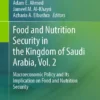
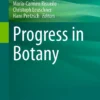
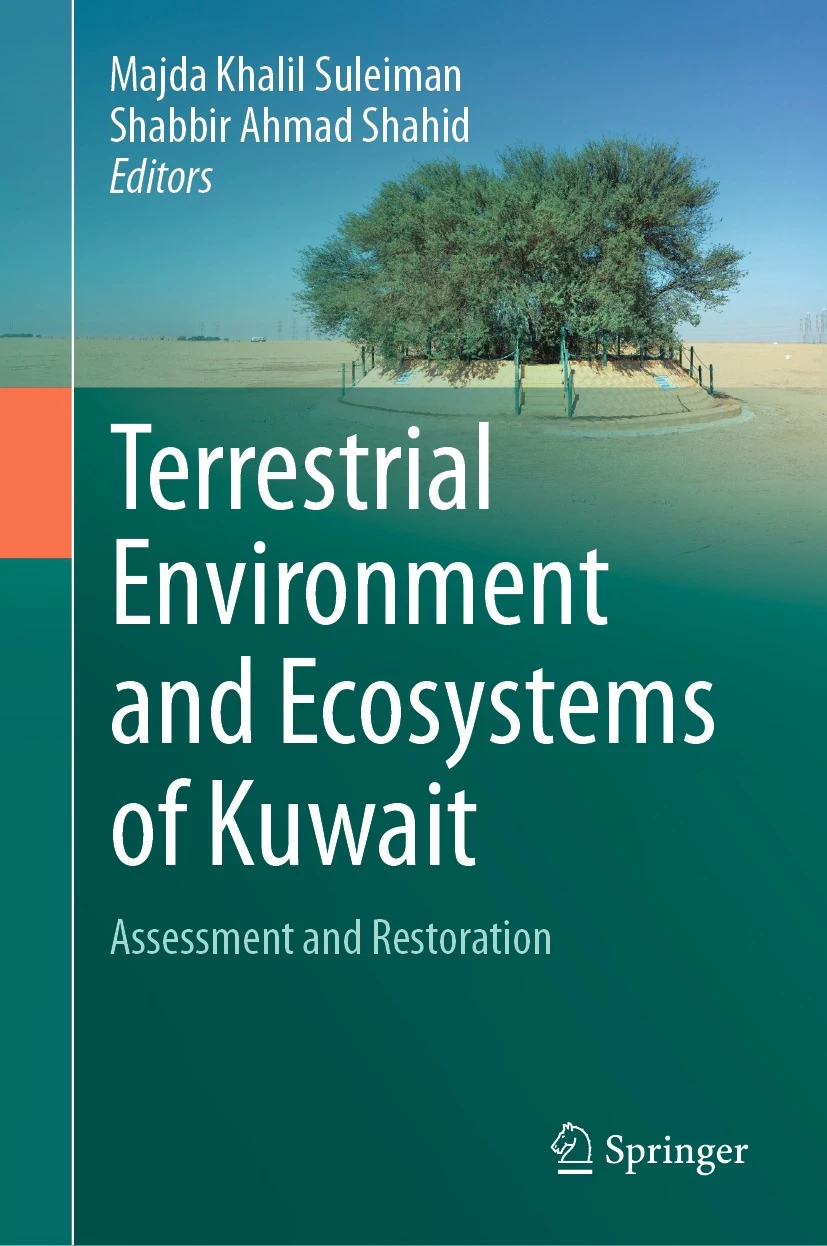


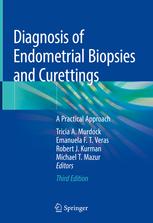


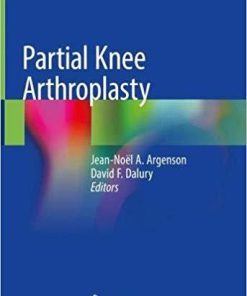


Reviews
There are no reviews yet.